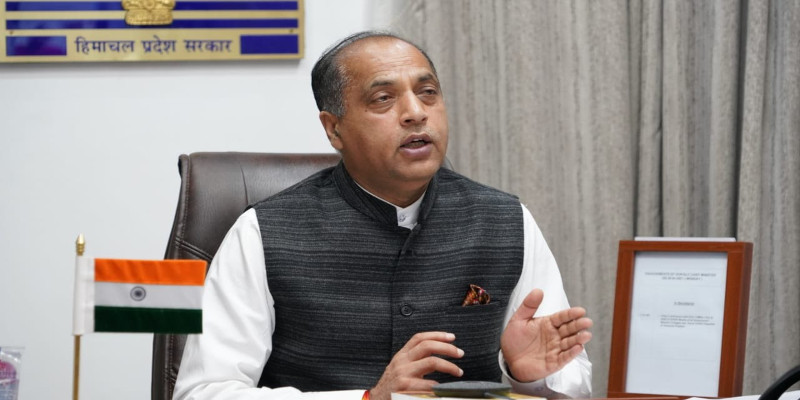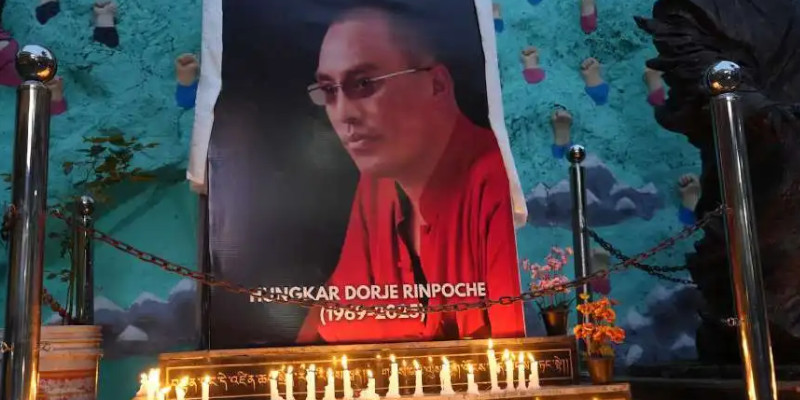1st June: China is attempting to expand its infrastructure in Tibet, according to Himachal Pradesh Chief Minister Jairam Thakur. He went on to say that China had begun surveillance actions along its border. While commenting about China’s reported efforts to improve its infrastructure along the Indian border, “It is true that China is seeking to strengthen its infrastructure in our border area that overlaps with Tibet,” Himachal Pradesh Chief Minister Jairam Thakur remarked, according to HindustanTimes. “They (China) have also started some road surveillance efforts at a higher altitude than ours.”
“Along the LAC, the forces are doing their job and working hard in difficult conditions. China is attempting to improve its infrastructure along our shared border. We’ll let the Center know of China’s activities. China has also initiated surveillance operations at a greater altitude than ours,” he added. In Himachal Pradesh’s Kinnaur and Lahaul-Spiti, Thakur toured forward areas along the Chinese border. The Chief Minister met with officers from the ITBP, Dogra Scouts, and the army’s 15th Bihar Regiment, according to HindustanTimes.
Chinese President Xi Jinping’s big push to fortify the Tibetan borderlands began in 2017, marking a drastic increase in China’s long-running attempts to outmaneuver India and its neighbors along their Himalayan borders. Read More
China Building a Whole Village Violating International Borders
China announced in October 2015 that a new village, named Gyalaphug in Tibetan or Jieluobu in Chinese, had been built in the Tibet Autonomous Region’s south (TAR). Wu Yingjie, the TAR Communist Party secretary, moved over two passes, both over 14,000 feet high, on his way to visit the new village in April 2020. There, he instructed the Tibetan residents to “plant roots like Kalsang flowers in the snowy borderland” and “lift the bright five-star red flag high.”
Wu had crossed an international border with a posse of politicians, cops, and journalists. They were in a 232-square-mile region claimed by China since the early 1980s but regarded as part of the Lhuntse district in northern Bhutan by the international community. The Chinese officials were in Bhutan to celebrate their success in planting settlers, security forces, and military facilities within the territory that are globally and traditionally recognized as Bhutanese, which went unnoticed by the rest of the world.
Picture Courtesy: indiaaheadnews.com







Leave a Reply